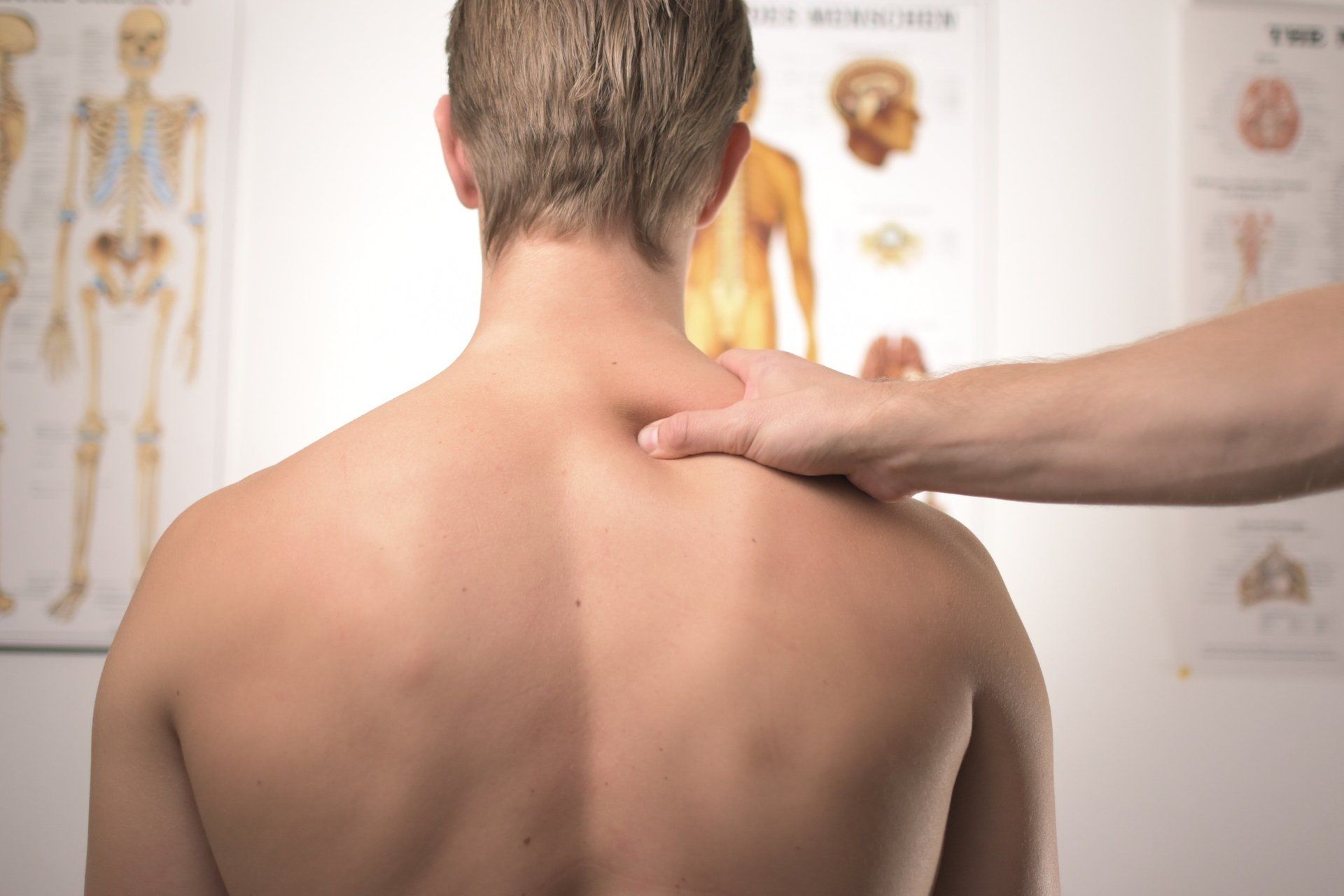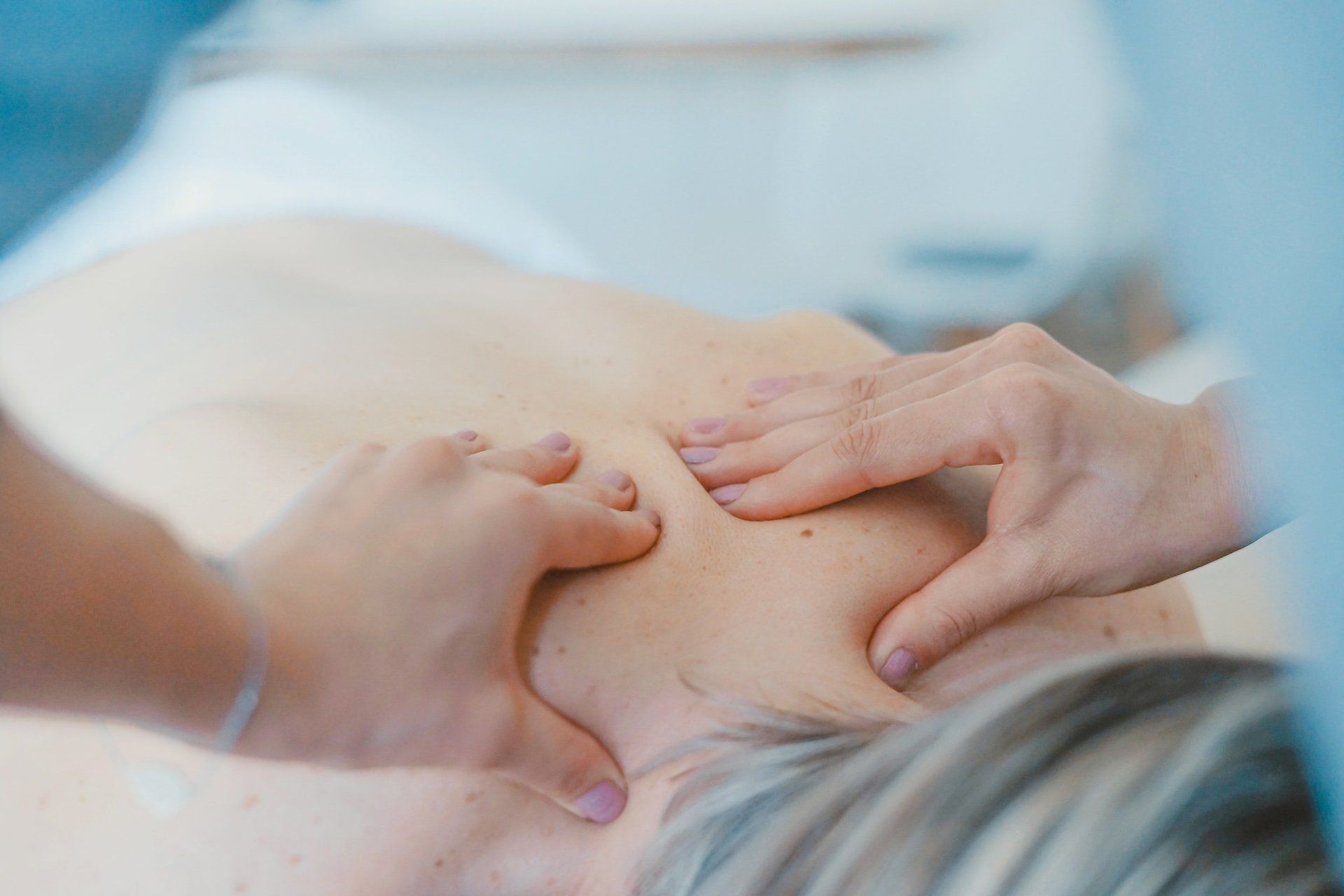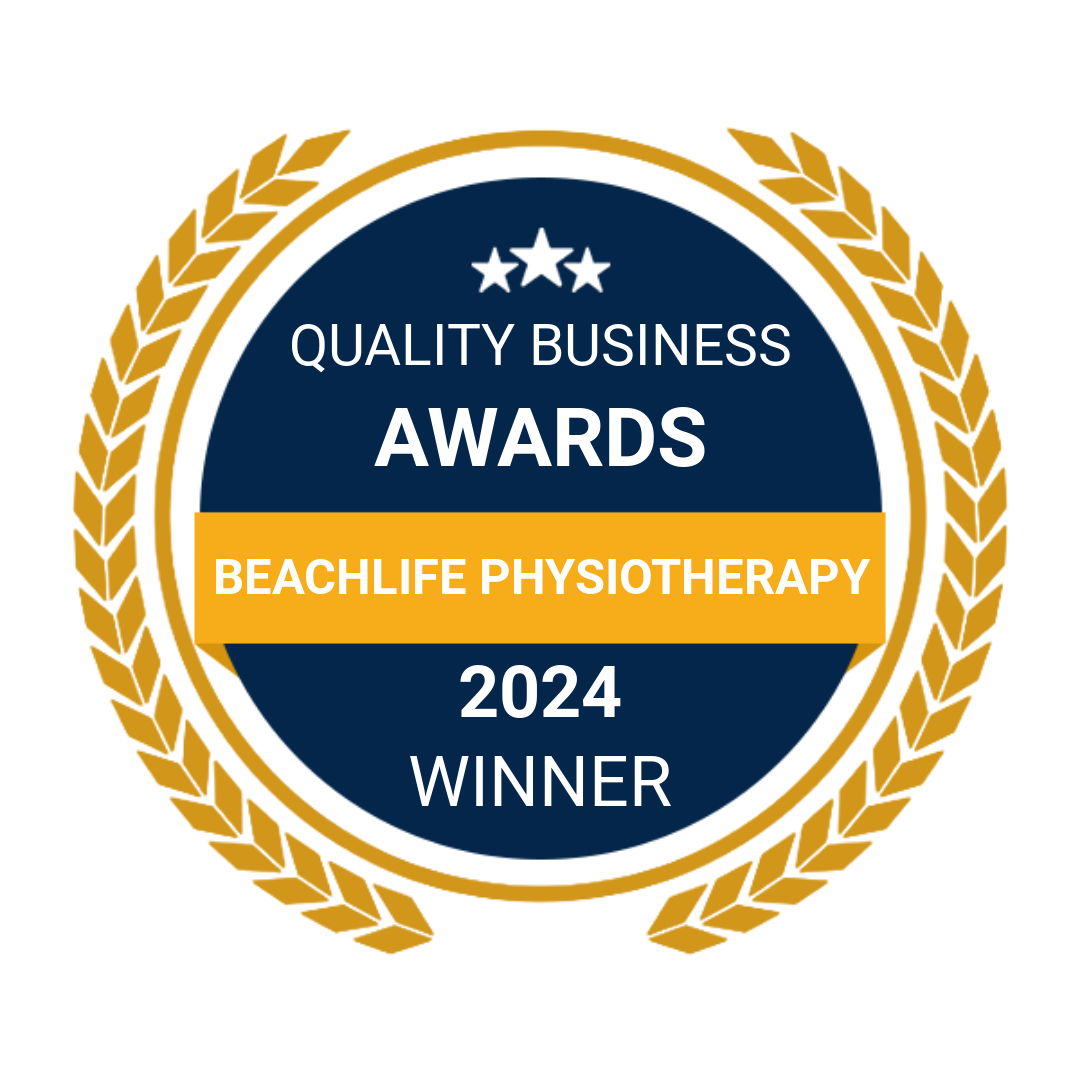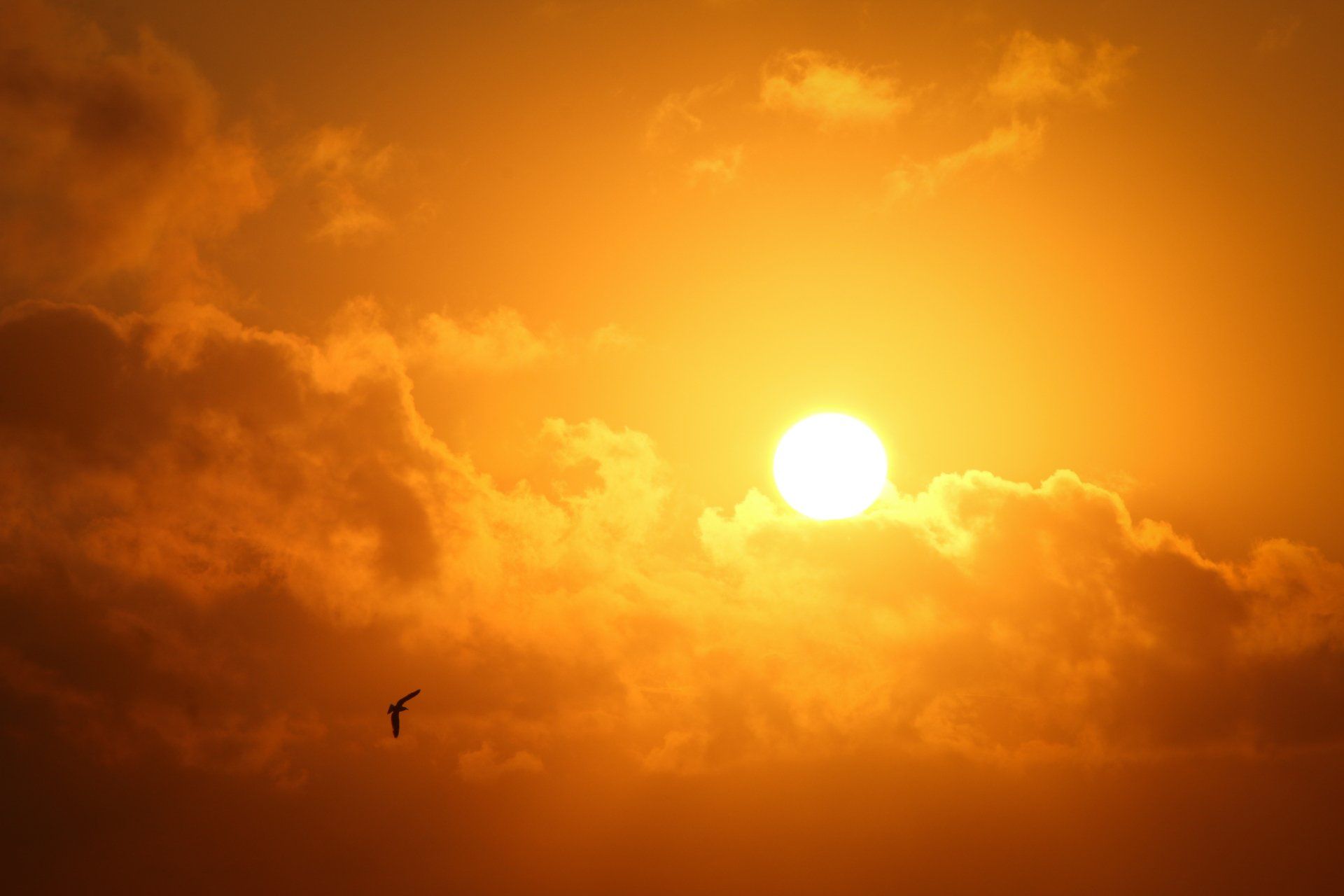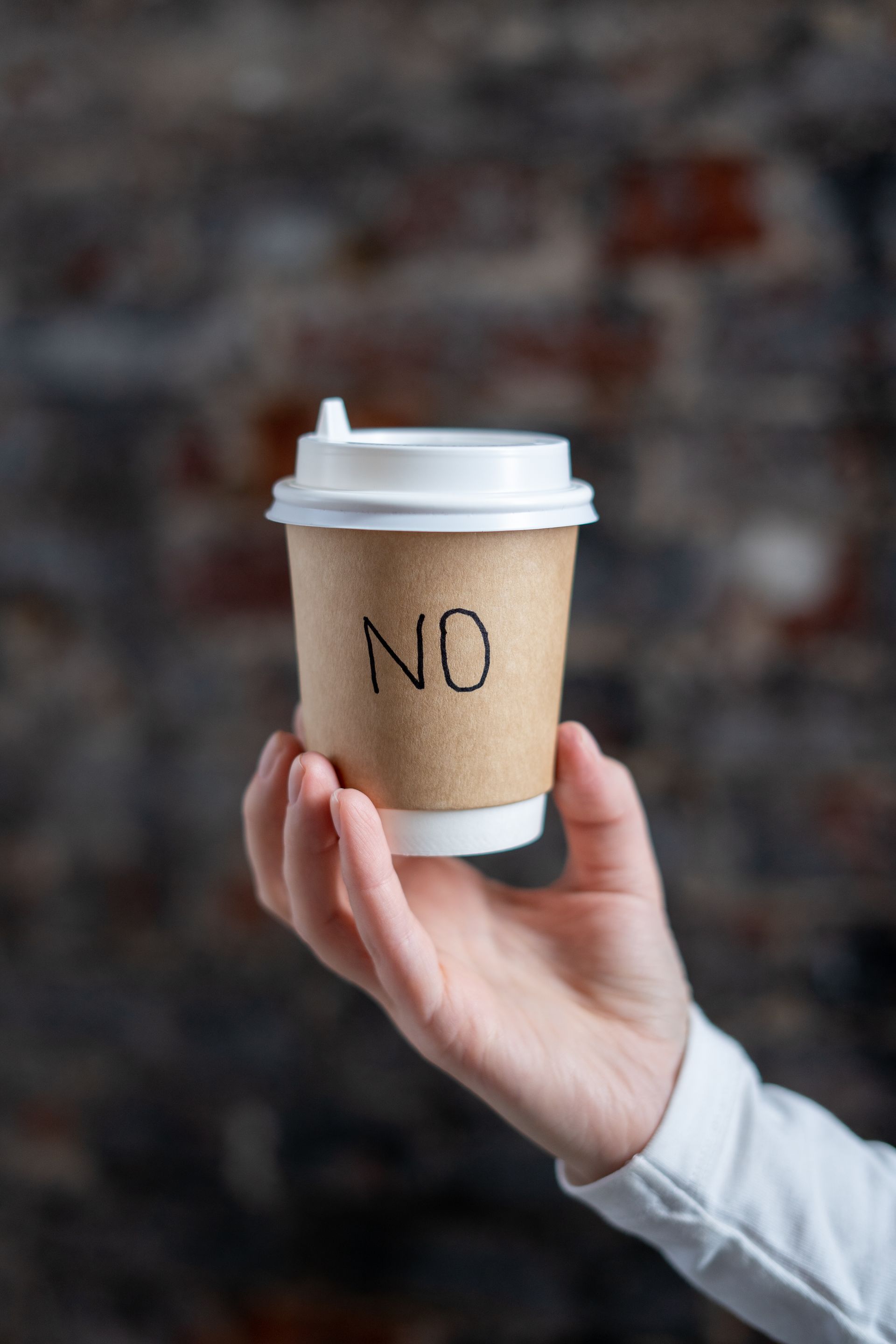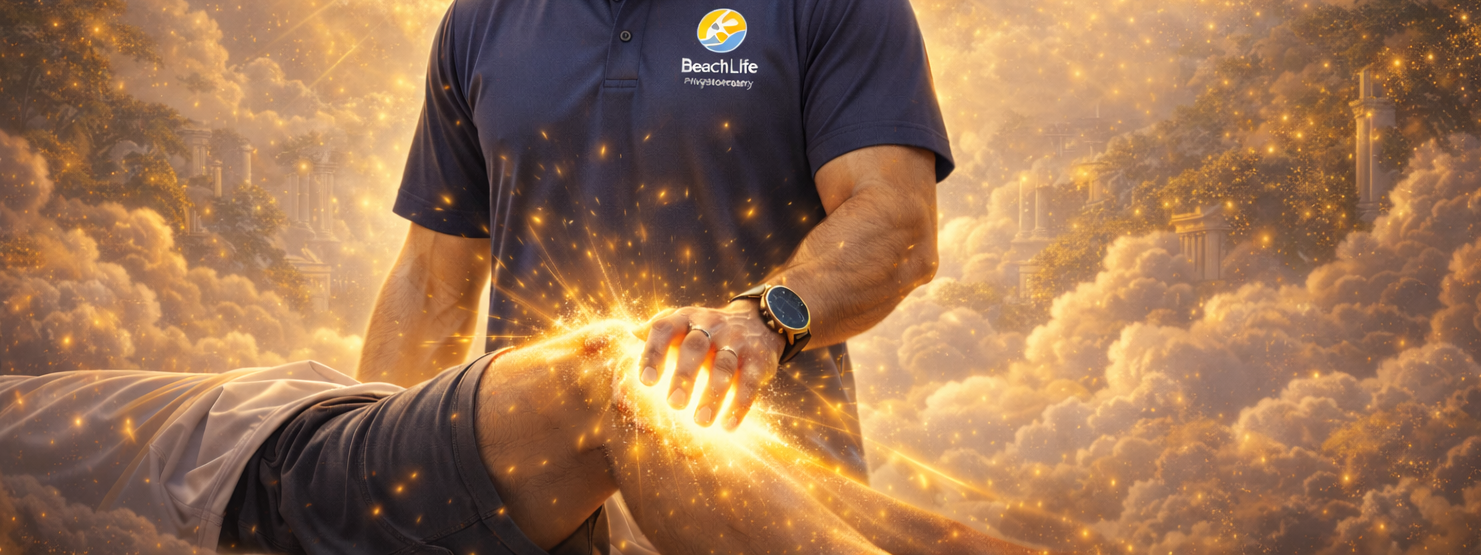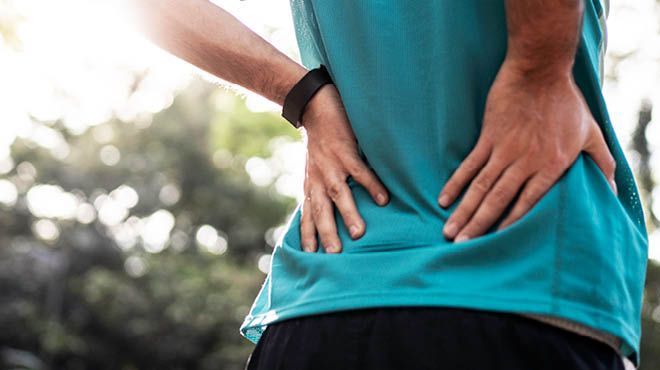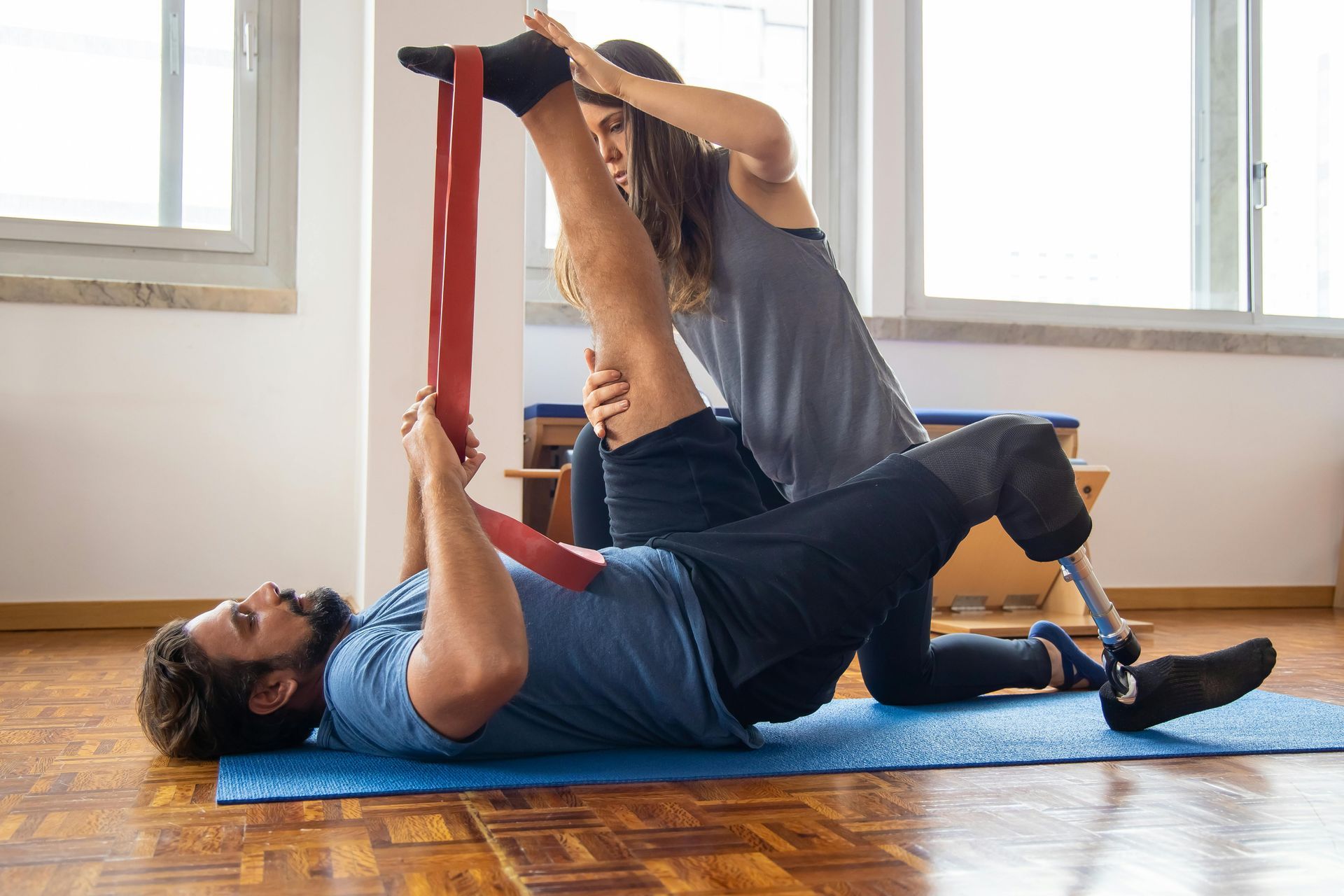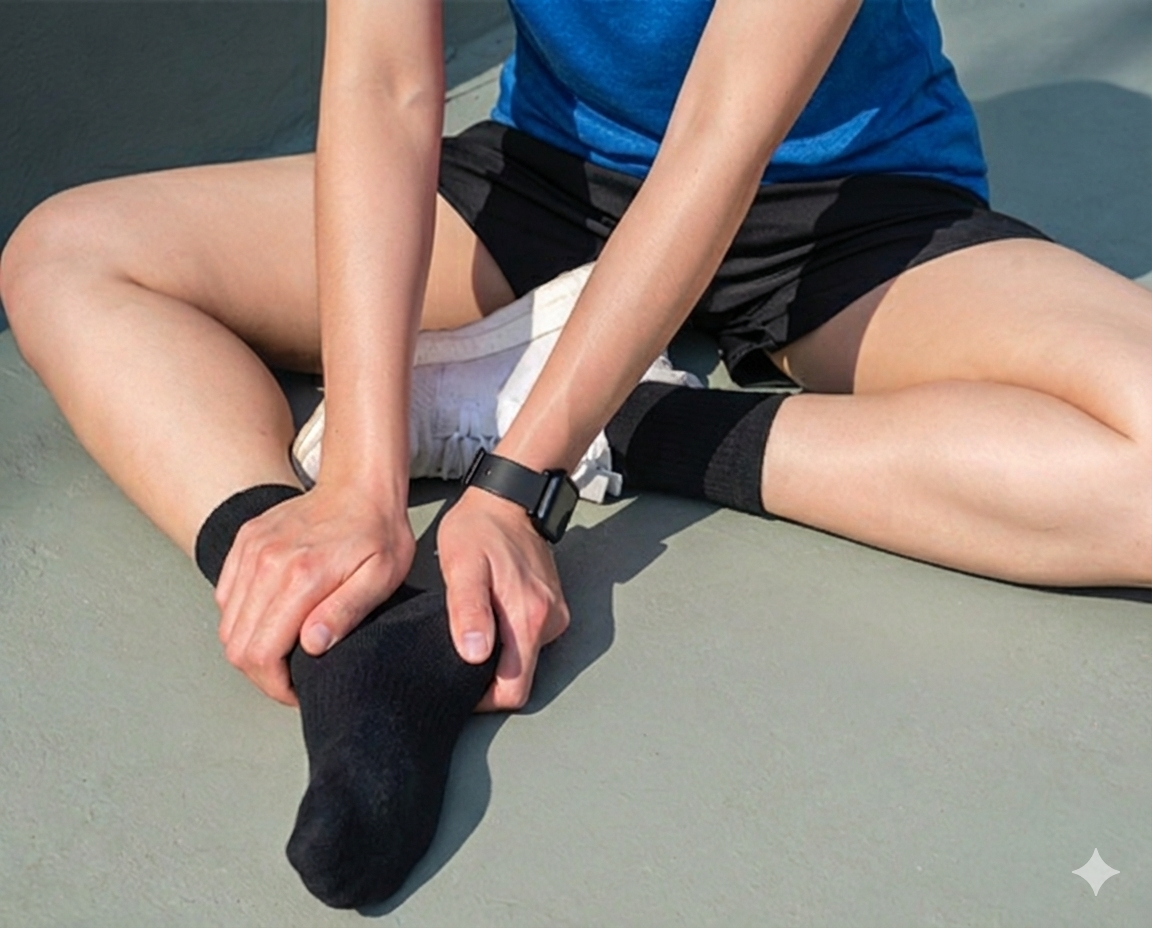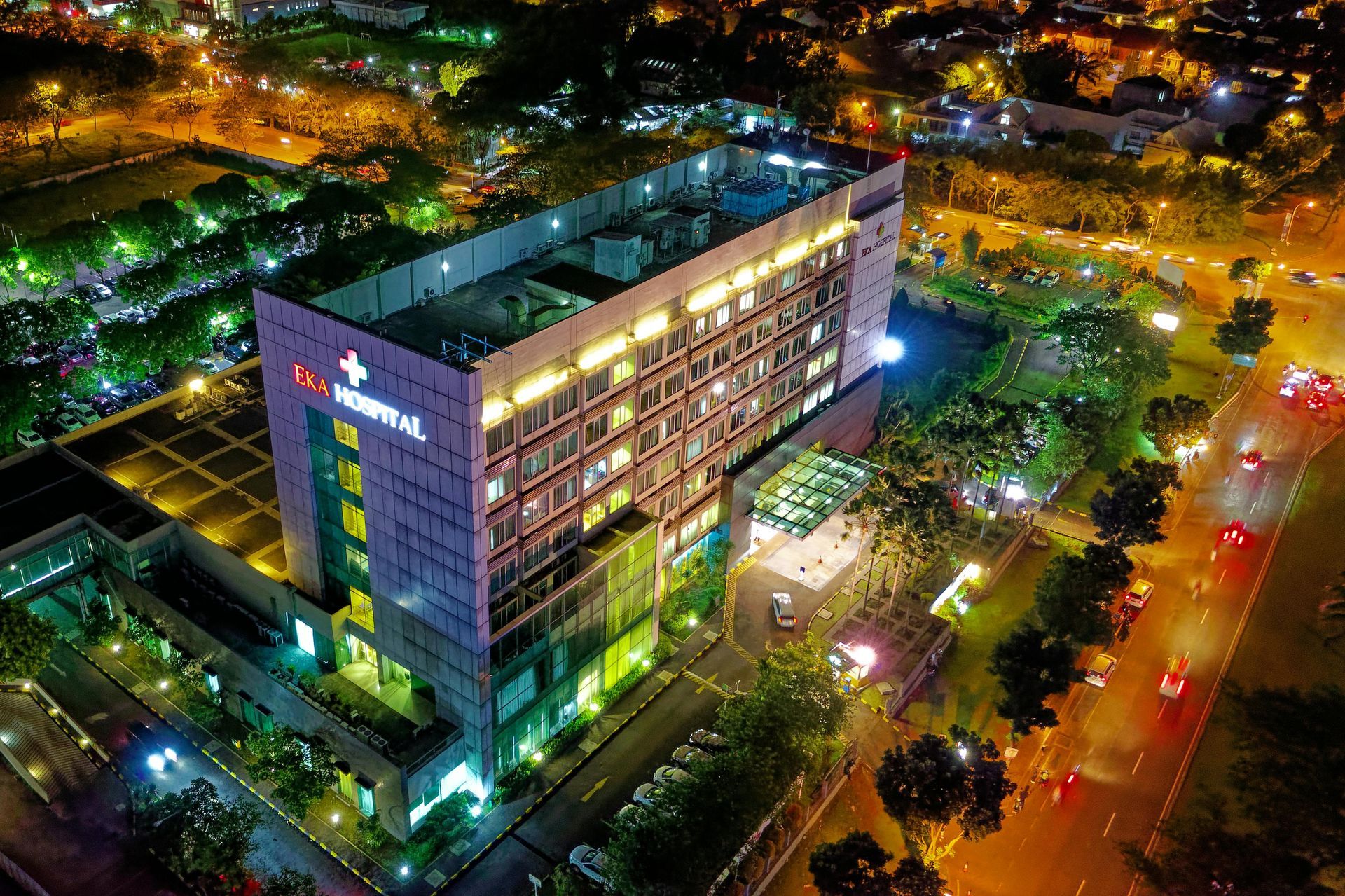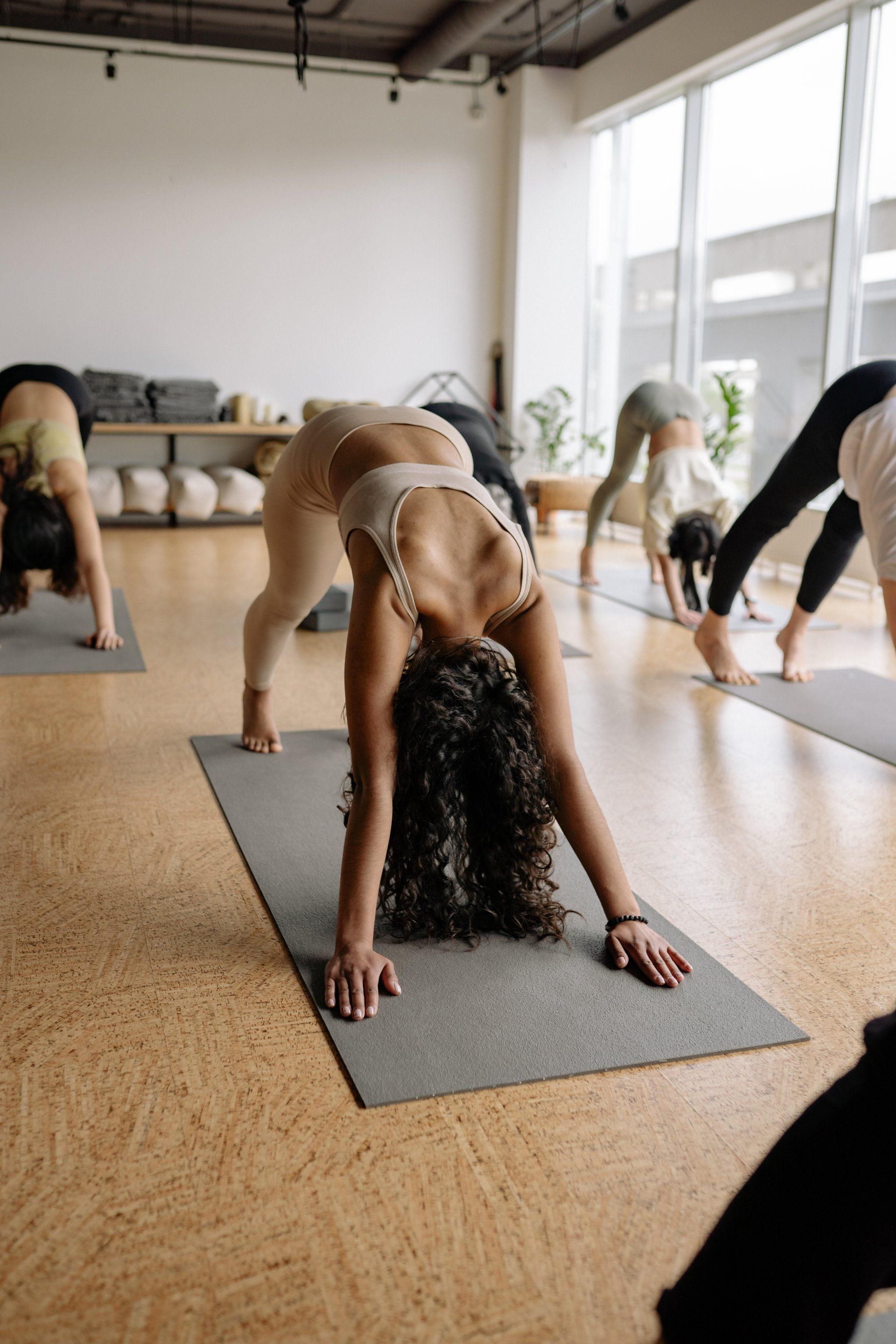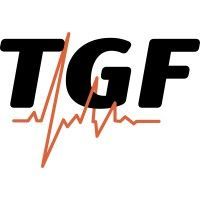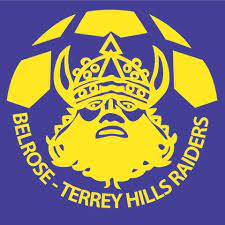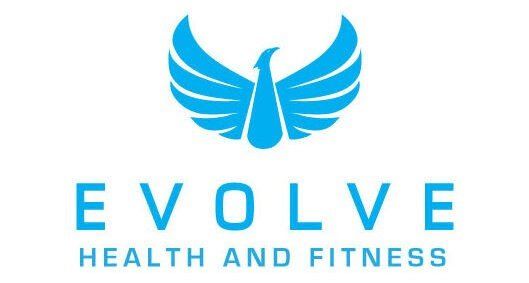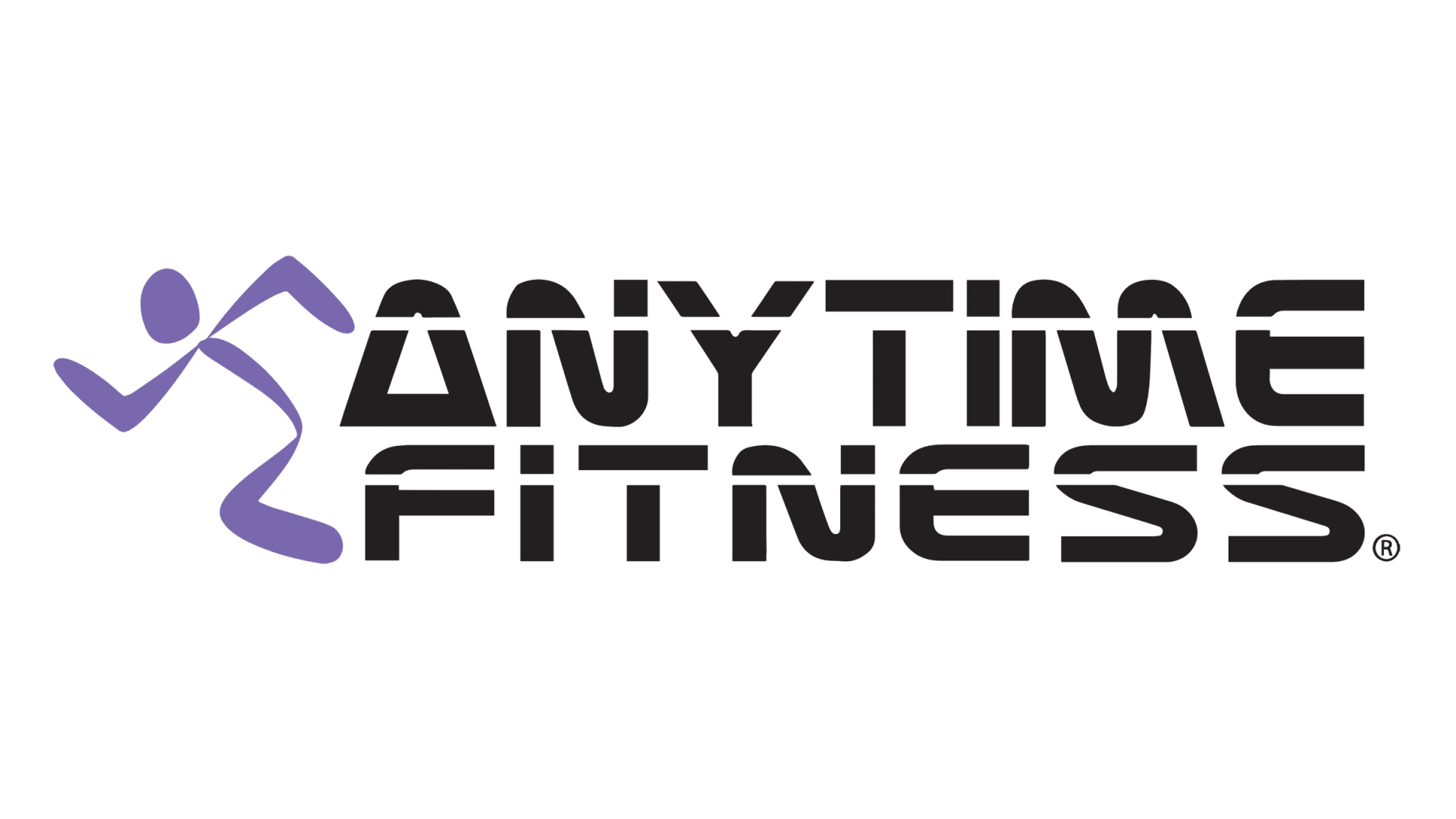Optimising Sleep Reduces the Risk of Musculoskeletal Injury
Tips to Help Improve Your Sleep
Optimising sleep can help reduce the risk of injury! Protocols will vary person to person depending on their lifestyle factors, however these principles can be utilised to help improve quality of your sleep.
There is increasing evidence showing sleep duration/quality can have a direct affect on musculoskeletal injury incidence. On top of this sleep is the foundation of mental health, cognitive health and performance!
Here are a few evidence based behavioural tools that you can utilise to optimise your sleep!
- View direct morning sunlight within 30-60 minutes of waking
- Will help you fall asleep and stay asleep at night, and optimize cortisol & adenosine levels
- Avoid overhead and fluorescent light as much as possible close to bed time
- Bright light can hinder melatonin production
- Trying to maintain a consistent sleep schedule (-/+ 1 hour)
- Avoid caffeine, large meals and alcohol at later times of the day
- Try to decrease body temperature in preparation for bed
- Having a hot shower or bath before bed
- Keeping the sleep environment cool
- Performing physical exercise upon waking or during the day
- This can help increase your body temperature earlier during the day to make you feel more alert
- Having a sleep ritual
- Thinking of sleep as a gradual state that is we transition into rather than an on/off switch!
References:
Sleep duration and musculoskeletal injury incidence in physically active men and women: A study of U.S. Army Special Operation Forces soldiers - https://pubmed.ncbi.nlm.nih.gov/32061551/
Recommendations for daytime, evening, and nighttime indoor light exposure to best support physiology, sleep, and wakefulness in healthy adults - https://journals.plos.org/plosbiology/article?id=10.1371/journal.pbio.3001571
Meal Timing Regulates the Human Circadian System - https://www.cell.com/current-biology/fulltext/S0960-9822(17)30504-3
Early evening light mitigates sleep compromising physiological and alerting responses to subsequent late evening light - https://www.nature.com/articles/s41598-019-52352-w
Books: Why We Sleep - Matthew Walker
